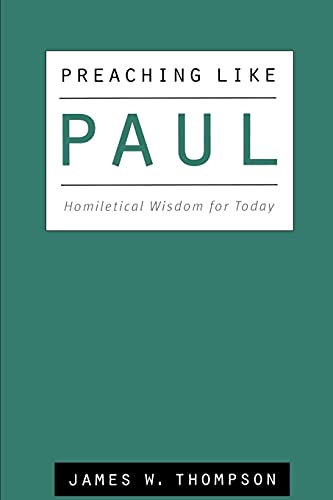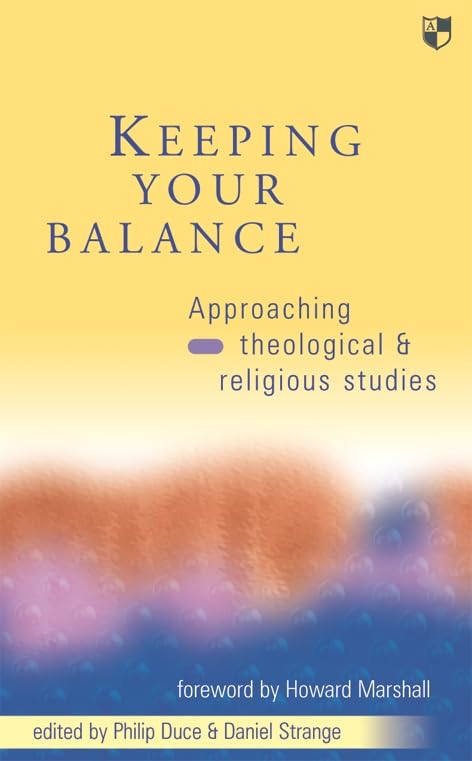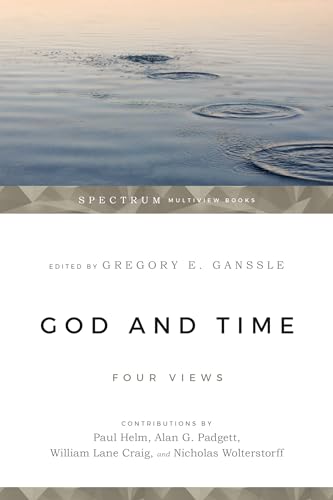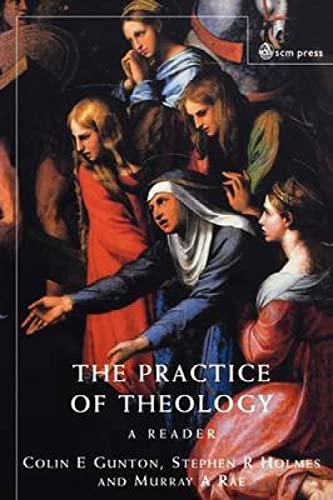PREACHING LIKE PAUL: HOMILETICAL WISDOM FOR TODAY
Written by James W. Thompson Reviewed By David GibsonMost preachers are often so busy preparing to preach that they have little time to study preaching. James Thompson’s book is worth a pause and some solid reflection, given that his fundamental aim is not so much to study the mechanics of handling texts but to ask some bigger questions. His concern is the theological agenda that governs the entire preaching ministry and his questions are vital: ‘What is the agenda for preaching in this post-Christian climate?… How do we form genuine communities of faith among people who have come to church only as consumers?’
Chapter one examines the epistles of Paul to determine the extent to which they offer a model for preaching. Chapter two seeks to demonstrate that Paul’s epistles describe a preaching ministry that both announces the gospel and shapes it through paraklesis (exhortation). Chapter three examines the shape of Paul’s preaching to see whether argumentative discourse had a place in the earliest Christian preaching. This is one of the most interesting chapters—Thompson argues that Paul’s apostolic authority effectively subverted and challenged the tradition of Hellenstic rhetoric. Argument is important in Paul’s preaching, but it is determined by his mediating divine authority to the church. Chapter four shows Paul as a model to be followed in pastoral preaching that builds and shapes communities. Chapter five examines the role of theological reflection in Paul’s preaching as the responded to contingent situations, and chapter six evaluates the role that repetition in preaching played for Paul. The book ends with some reflections on Paul’s own experience and character and the lessons for contemporary preaches, as well as an appendix of sermon outlines that are Thompson’s example of combining the exegetical, theological and pastoral tasks.
A valuable feature of Thompson’s book is his criticism of the ‘new wineskins’ of homiletics that a generation ago reached against the ‘conceptual method’ approach to preaching—developing an argument in support of a basic idea. The new homiletic placed the emphasis on leading the congregation to ‘experience’ the dynamic of the text and in the context of a general discovery of the importance of biblical genres began to focus on preaching narrative sermons. Thompson’s criticisms of this approach are theologically insightful and convincing. His choice of Paul as a homiletical model is, among other reasons, precisely because the new homiletic school has not gone far enough in working out its own presuppositions—if the various genres are themselves revelatory then why not also Paul’s epistles? Thompson is always listening to postmodern frustration with modernity shaped preaching but his conclusions show conservative theological thinking about the need for authority and direct speech in pastoral and moral matters.
Some, perhaps will want to take issue with Thompson’s methodology. When he encourages us to preach like Paul, he is not doing this through Paul’s recorded sermons in the book of Acts but is actually trying to get behind the epistles, by using the epistles themselves to recover Paul’s preaching. After stating that the know surprisingly little about early Christian preaching, and that the written word is never precisely the same as the spoken word, Thompson builds his case (not without detailed argument) that ‘Paul’s epistles present a very strong echo of his preaching ministry’. This is using the written word as a window back into the actual oral presentation and this reviewer was not sure how confidently he could follow Thompson’s assertion that ‘the oral/aural dimension of Paul’s preaching undoubtedly determined both his style and his arrangement in the letters’. In the end, however, although the book begins by promising to look at Pauline epistles as examples of Pauline preaching, there is just as much analysis of the theological content of Pauline epistles. This is deemed to provide authoritative content and shape for contemporary preaching. For example, Thompson’s suggestion of the eschatological horizon as the larger agenda that should drive the whole preaching ministry is based on a community-oriented interpretation of 1 Thessalonians that is constantly rebuking contemporary focus on the individual. This is one instance of many valuable insights.
David Gibson
David Gibson is the Minister of Trinity Church, Aberdeen, Scotland. He is author of Reading the Decree (T&T Clark, 2009) and co-editor of From Heaven
He Came and Sought Her (Crossway, 2013).






